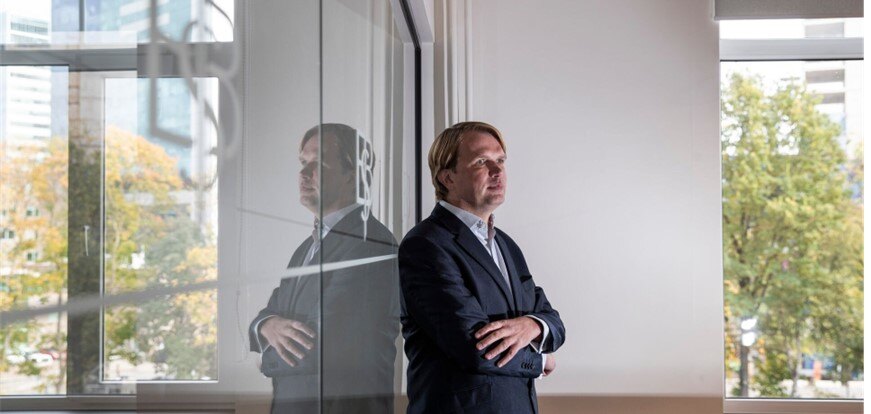Pessimists may sound wise, but optimists get things moving

Looking at what is happening in Estonia and the world, the key question is how to remain optimistic. With the backdrop of wars around the world and the economic downturn in Estonia, it is easy to fall into the trap of negativity. However, negativity feeds more negativity.
However, negativity feeds more negativity. Even when it is hard to find a rational reason, hope and optimism are needed. Of course, being overly optimistic is not very useful, but moderate optimism helps. Pessimists may sound wise, but optimists get things moving.
Inspired by this thought, I recently wrote a longer article in Äripäev about how, with an optimistic scenario, we can achieve a growing and greener economy by 2040. Certainly, more pessimistic scenarios are also possible, but at this moment, a positive narrative is needed.
Nobel laureate in Economics Robert Shiller has proposed the so-called Narrative Economics theory. According to this concept, under conditions of great uncertainty and at economically significant turning points, the course of the economy is determined not so much by economic fundamentals, but by prevailing sentiment and our attitudes.
The creativity of entrepreneurs is particularly important in an optimistic scenario because new and growing business models emerge through experimentation, known as the process of creative destruction. Entrepreneurship is primarily an art that requires imagination and creativity for its development. In every field, it is necessary to constantly seek new markets and niches and adapt products and services accordingly. This is part of the entrepreneurial discovery process.
In addition to strong signals, it is essential to continuously monitor so-called weak signals – developments that are not currently statistically significant but have the potential to become important. Such signals can provide hope and keep the economic narrative positive.
Education is the main driver in creating a positive narrative. Although Estonia has been on a downward trend in other competitiveness indicators according to the Swiss Business School IMD comparison in recent years, education remains Estonia’s strength. This is also true when compared to Lithuania, whose progress has been frequently mentioned in Estonia lately.
EBS has a specific role in linking education and entrepreneurship. Our contribution to Bachelor’s Studies in Estonia has remained stable despite an unfavourable external environment, where war and strict immigration rules have reduced the proportion of international students. However, in recent years, we have diversified our activities and approached university management more creatively.
Research and development activities have grown significantly in EBS. We participate in five Horizon Europe research projects and several other European Union projects that help enhance the capabilities of universities. The demand for our continuing education and shorter programs is on the rise, not only in Estonia but worldwide. In August, 75 Master’s level students from four continents participated in EBS International Summer School.
Most importantly, we see an increase in quality, both in student feedback and overall satisfaction. EBS High School ranks 11th in Estonia based on national exam results and has made rapid progress compared to other high schools in recent years. The quality of our research publications has improved. There is greater interest in Doctoral Studies, and the number of applicants has significantly increased.
To support all this and ensure long-term development, investment activities of EBS have increased significantly, and the construction of a new building on Lauteri Street is in full swing – something that everyone who has been in the area has surely noticed.
EBS does all this to strengthen the connection between education and entrepreneurship. You, the alumni, play an important role in this. You are always welcome to contribute to our activities. The doors of EBS are always open to you – you just need to step in.
Meelis Kitsing
Rector and Chairman of the Management Board

%20(1680%20%C3%97%20760%20px)%20(16)-2.png)